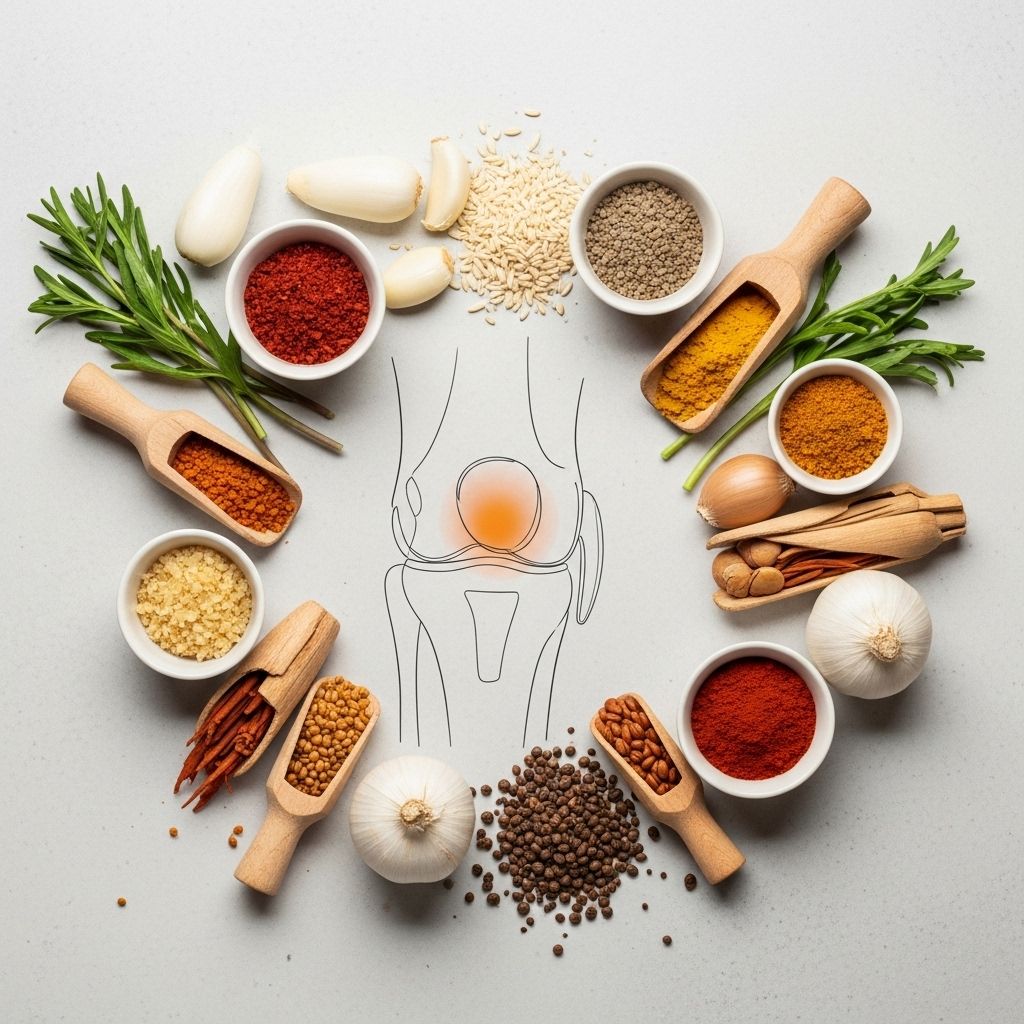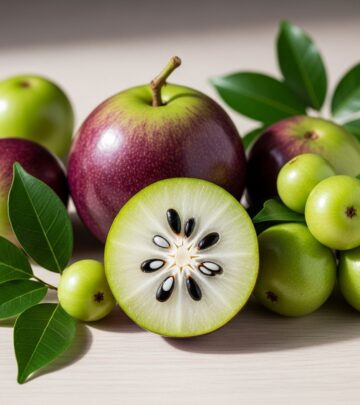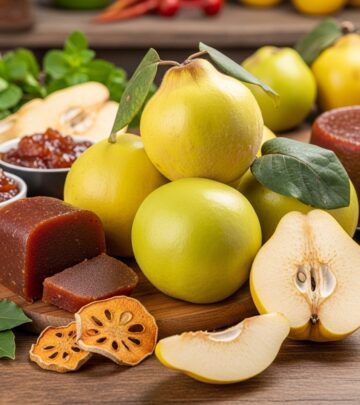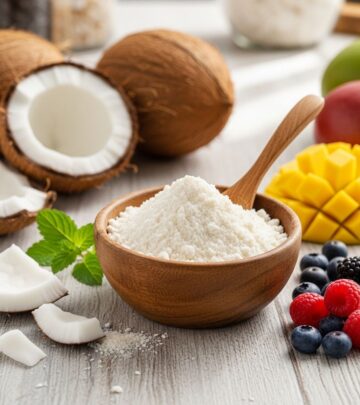Home Remedies for Knee Joint Pain
Natural anti-inflammatory kitchen staples can soothe discomfort and promote recovery.

Introduction to Knee Joint Pain
Knee joint pain is a common affliction that can stem from various causes, including injuries, arthritis, or overuse. While medical interventions are often necessary, there are several home remedies that can provide relief and support recovery. In this article, we will delve into 14 effective pantry ingredients and natural methods to help alleviate knee joint pain.
Understanding Knee Pain
Knee pain can arise from acute injuries like sprains or strains, or chronic conditions such as osteoarthritis or rheumatoid arthritis. It is crucial to assess the severity of the pain and consider home remedies before opting for medical treatment. Home treatments are especially beneficial for mild to moderate pain, as they can help manage symptoms and improve comfort levels.
1.
Apple Cider Vinegar
Apple cider vinegar is renowned for its anti-inflammatory properties, which help reduce pain and swelling. It can be consumed internally by mixing two teaspoons in a glass of water or applied topically by mixing it with coconut oil.
2.
Ginger
Ginger is a potent anti-inflammatory agent that can be consumed as tea or applied topically. Boil an inch of ginger in a cup of water, then strain and use the solution as a warm compress on the affected area.
3.
Turmeric
Turmeric contains curcumin, a powerful anti-inflammatory compound effective in reducing joint pain and inflammation. Mix a teaspoon of turmeric in hot milk or apply it as a paste on the knee.
4.
Cayenne Pepper
Cayenne pepper acts as a natural analgesic due to its capsaicin content, which can be mixed with olive oil and beeswax to create a topical ointment.
5.
Lemon
Lemon, rich in vitamin C, can help in reducing inflammation and improving circulation when applied topically or consumed as a juice.
6.
Olive Oil
Olive oil, rich in antioxidants, can be used to reduce inflammation and improve joint health when applied topically.
7.
Coconut Oil
Coconut oil, with its anti-inflammatory properties, can be applied topically to soothe joint pain and inflammation.
8.
Fenugreek Seeds
Fenugreek seeds, known for their anti-inflammatory properties, can be soaked overnight and consumed to reduce pain and inflammation.
9.
Dandelion Leaves
Dandelion leaves, due to their anti-inflammatory properties, can be consumed as a tea to help reduce pain and swelling.
10.
Mustard Oil
Mustard oil, warmed and applied topically, can help reduce pain and improve circulation.
11.
Essential Oils
Certain essential oils like lavender and eucalyptus can be used in aromatherapy or applied topically (diluted with a carrier oil) to reduce pain and inflammation.
12.
Epsom Salt Soaks
Epsom salt baths are rich in magnesium, which helps in reducing muscle spasms and joint stiffness. Soak the affected knee in a warm Epsom salt bath for relief.
13.
Hot and Cold Packs
Hot packs can help relax muscles and improve blood circulation, while cold packs reduce inflammation and numb pain.
14.
Vitamins
Vitamins D and E, along with omega-3 fatty acids, play a crucial role in reducing inflammation and promoting joint health.
How to Apply Home Remedies for Knee Pain
When using home remedies, it is essential to ensure that they are applied correctly and in moderation. Always consult with a healthcare provider if the pain persists or worsens.
Benefits of Home Remedies for Knee Pain
Home remedies offer a natural and non-invasive approach to managing knee pain. They can help reduce reliance on medication, lower the risk of side effects, and promote overall well-being.
Common Benefits of Home Remedies
–
Anti-Inflammatory Effects:
Many home remedies, such as turmeric and ginger, have potent anti-inflammatory properties that can reduce swelling and pain.–
Improved Circulation:
Remedies like mustard oil and heat therapy can improve blood flow, aiding in healing and reducing stiffness.–
Muscle Relaxation:
Methods like Epsom salt baths and essential oils can help relax tense muscles around the knee.Frequently Asked Questions (FAQs)
Q: Are home remedies effective for severe knee pain?
A: While home remedies can help manage mild to moderate knee pain, severe pain may require medical intervention. Always consult a healthcare provider if the pain is severe or persistent.
Q: Can I use multiple home remedies together?
A: Yes, you can combine some remedies, but always consult with a healthcare provider to avoid interactions or adverse effects. For example, you can use both turmeric and ginger together for enhanced anti-inflammatory benefits.
Q: How long does it take for home remedies to work?
A: The effectiveness of home remedies can vary based on the individual and the cause of the pain. Some may experience relief within a few days, while others may need to use them consistently over a longer period.
Conclusion
Home remedies offer a safe and natural way to manage knee joint pain. By incorporating these remedies into your daily routine, you can reduce your reliance on medication and promote overall health. Always remember to consult with a healthcare provider if your symptoms persist or worsen.
References
- https://www.healthline.com/health/pain-relief/knee-pain-home-remedies
- https://orthotoc.com/home-remedies-for-knee-pain/
- https://www.stylecraze.com/articles/effective-home-remedies-for-knee-joint-pain/
- https://www.stylecraze.com/articles/castor-oil-to-treat-knee-pain/
- http://nbgh.org/about/news-press/news-detail?articleId=51831&publicid=462
- https://www.youtube.com/watch?v=CpdnTuDeAX0&vl=en
- https://www.medicalnewstoday.com/articles/311280
- https://www.southpalmorthopedics.com/healthcare-news-pl663/12-natural-pain-relief-tips-for-knee-osteoarthritis-p39681.html
Read full bio of Sneha Tete













